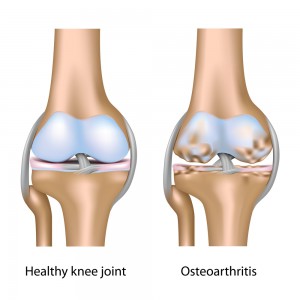If you are struggling with lower back pain that radiates down your leg, you might have hit the internet searching for answers, only to find the terms “sciatica” and “herniated disc” discussed frequently. This is because both conditions can cause debilitating back...
You open your eyes, stretch, and sit up, ready to start the day. But the moment your feet hit the floor, a sharp or aching pain shoots through your heels, arches, or the balls of your feet. Morning should feel refreshing, yet instead, you find yourself hobbling to the...
Are you a fitness enthusiast or a dedicated athlete who has suddenly been sidelined by a nagging, persistent pain in your calf and ankle? That sharp or aching sensation that flares up during or after activity could be the result of Achilles tendonitis. The Achilles...
Top 5 Questions to Ask on Your First Orthopaedic Visit

Your first visit to the orthopaedic doctor may happen any time of your life- a mishap in the playground can send your little one to an orthopaedic doctor, or perhaps old age forces a hip or knee replacement. Most commonly, general decline or bone health sends people in their middle ages to see an orthopaedic doctor. Osteoarthritis, osteoporosis and such conditions are rampant due to erratic lifestyle and diet. If it is your first visit be sure to ask these questions.
1. How can I keep my bones healthy and avoid orthopaedic problems?
If your visit happens to be a general checkup, be sure to ask this question. Bones consist of a lot of calcium. Your diet, especially in the bone growth years between 10 and 20, should consist of calcium rich foods. Your doctor would be better off at charting a calcium rich diet according to your current state of bone health. Ask as many questions as you can and clarify your doubts about your bone health. If you have had any injuries in the past or any bone problems that may have disappeared, mention them.
2. What causes osteoarthritis?
Over 21 million Americans are affected by this condition. It is a condition where the cartilage (present at the end of bones to act as a shock absorber) erodes away leading to swollen, sore and stiff joints. Ask the doctor what causes the symptoms and how you can avoid it. If you have already started showing initial symptoms of osteoarthritis, ask your orthopaedic how you can arrest the condition in the initial stages.
3. Do you have outcome information available to me?
If you have such an aggravated condition that requires surgery, this question is very important. Orthopaedic surgeons are usually attached to a surgery center and every center keeps a record of the outcomes like surgical results, patient satisfaction, length of hospitalizations and so on. Ask the center to share the outcomes if they have such a policy and compare these outcomes to see how the center measures up.
4. What is your incidence of short-term and long-term complications?
If a surgery is unavoidable, ask the surgeon about the incidence short-term and long-term complications in his patients. It is important that your surgeon’s previous patients have low incidence of these complications and always choose a surgeon who has performed a number of surgeries of the kind he is about to perform on you. Ask about the normal recovery period, but keep in mind that it differs from patient to patient depending on their age and fitness.
5. What are your qualifications?
Picking the right orthopaedic doctor is imperative when you have to eventually go for a surgery. Your surgeon may be highly qualified on paper but has little or no experience with the technique or surgical approach he wishes to take with you- this will make your surgery more risky. So be sure to choose a qualified doctor.
Apart from these, you can ask about the cost of the treatment and after-care program provided by the orthopaedic surgery center.


